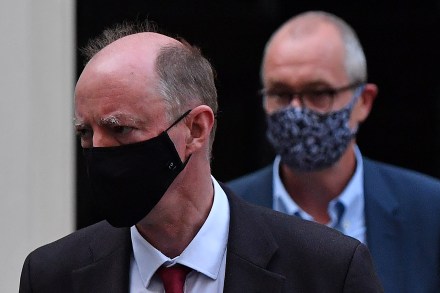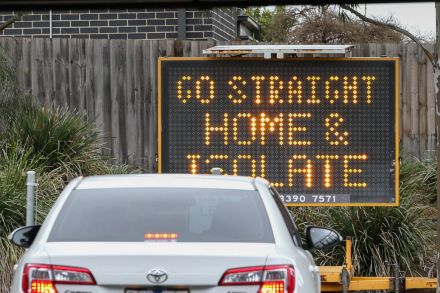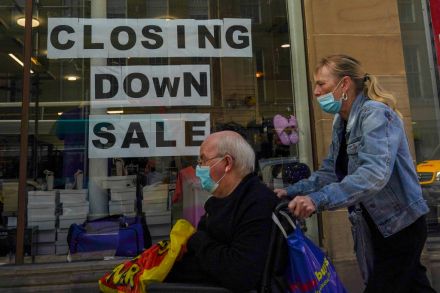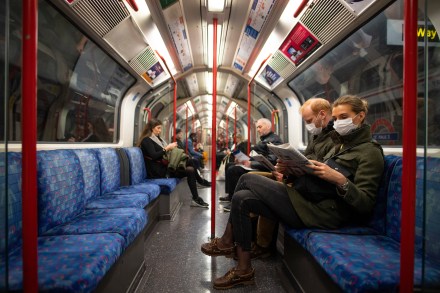Will furlough be extended?
When Chancellor Rishi Sunak extended the furlough scheme back in May, he committed more support than anyone expected. In June and July, the government continued to pay 80 per cent of employee wages (with a cap of £2,500 per month) and has also picked up the majority of the tab in August and September. But as the scheme comes to an end after 31 October, calls have grown louder for it to be extended again. So far Sunak has been adamant that it won’t be, telling the House of Commons in July that it could not continue forever. But, as with many Covid-19 policies over the past six months, it




















